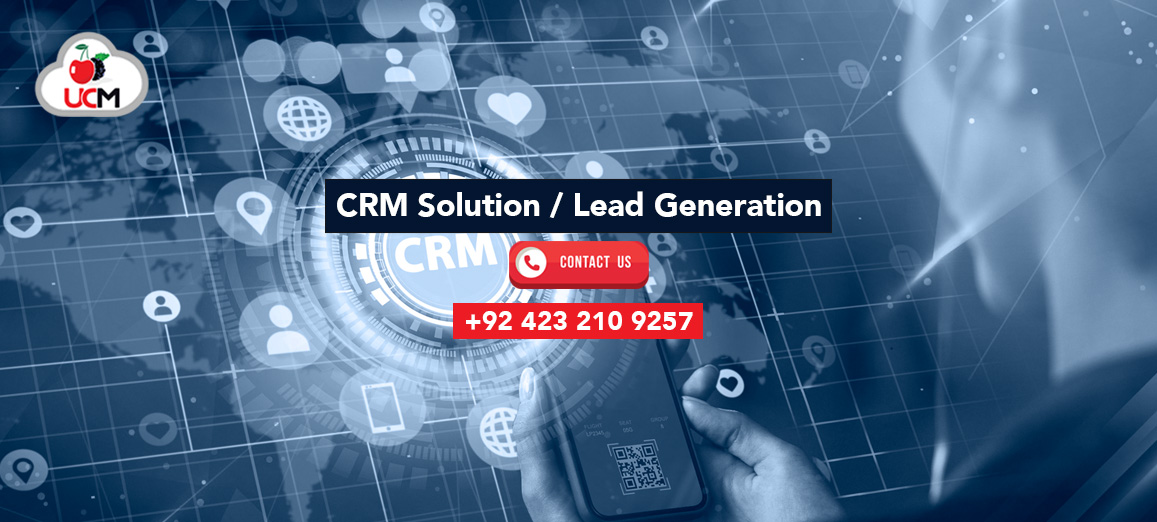What is a Lead Generation Business?
Nowadays, companies are struggling hard to generate high-quality leads to thrive among competitors and earn huge profits by reaching a receptive audience that has the potential to convert into loyal customers. Although traditional methods of lead generation somehow work, they are not enough as they leave marketers and entrepreneurs frustrated in search of better solutions. A Lead Generation Business focuses on finding and collecting leads and prospects for other companies with the main goal being lead generation e.g. individuals who have shown interest in particular products and services. After the collection of leads, they share the details with hiring companies looking for a new audience for their business. In this way, companies can turn their leads into sales and focus on core business aspects rather than getting frustrated about lead generation. Shortly, lead generation service providers have a crucial role in helping businesses expand their customer base.
Reasons Why Most Lead Generation Companies Fail
Today, lead generation is one of the biggest challenges for almost all businesses to earn profit and stay higher in the competitive curve. A study has suggested that 37% of marketers consider lead generation a process that requires the biggest struggles. Another research also indicates it as one of the two biggest challenges for marketers with 61% struggling with generating leads and organic traffic. The common reasons which contribute to the failure of lead generation are countless. For instance, usually companies struggle hard to find high-quality leads and also want to control budgets and expenses. Likewise, they need to build scalable marketing campaigns and manage time efficiently. It is also necessary to keep prospects engaged and get results from them. Businesses also struggle to monitor and analyse conversion and access organic traffic. Unfortunately, not all companies have such capacity and resources to generate qualified leads that lead to failure.
A Step-by-Step Process to Start a Lead Generation Company
1. Select A Niche or Industry first
Before starting a new lead generation company, thorough industry research is necessary. Many successful businesses have set a particular and right niche. You should identify the gap in the market and also the market size to assess the potential of target leads.
2. Identify Target Audience
After determining your niche or market, you can focus on your target customers and can develop relationships with them. Almost 95% of buyers love to work with a company that helps them in each stage of the buying process. That is why companies should identify their audience’s pain points and goals to provide them with practical solutions. Map and optimize your customer journey in advance to scale your company later.
3. Determine Cost Factor
You should decide with your clients how much they can spend on specialized lead-generation campaigns and advertisements. Afterwards, you can generate leads through advertisements and social media and later hand them over to sales reps of the client company to convert them into customers.
4. Apply Lead Generation Strategies
After establishing your niche and target customers, the next step is to find the contact information of the leads. You can do this by creating engaging content on social media but don’t forget to optimize your content through relevant keywords, captions, tags and hashtags. By generating forms, companies can also get their interested customer information. Likewise, integration of customer relationship management systems allows you to manage your sales pipeline efficiently at every stage.
5. Take Benefit from Outreach Marketing Techniques
Outreach marketing refers to the act of providing solutions to your potential customers that help build brand awareness, grow business and establish relationships with clients. Companies can attract clients through cold calling, cold emailing, and sending connection requests on social media. They can attract an audience through high search engine results pages (SERPs) rankings. Through the lead capture form, your sales team can also collect your prospect contact information.
Important Strategies for Lead Generation
1. Tactics for Online Lead Generation
Companies can apply strategies to turn an anonymous visitor on your website into a lead but how can they attract a stranger visitor to your business? Businesses can generate leads through various offline and online touchpoints. Let’s learn about some of these strategies.
(i) Lead Generation on Twitter
This social media platform has many valuable features like Twitter Lead Gen Cards that enable your sales team to collect lead information easily through tweets. The potential customers enter their name, and email address while Twitter manages the card. When it comes to a company role, they can create compelling content to engage the visitors.
(ii)Lead Generation on Facebook
Facebook tools for lead generation are a part of its product offerings. You can draw your target audience’s attention through paid advertising. By adding clickable links to your Facebook pages, you can redirect users to your company’s website. Engaging and compelling content is an effective way to attract visitors’ attention.
(iii)Lead Generation on LinkedIn
This platform has made the collection of lead information very easy. Lead Gen Forms automatically creates user profile information when they click on your call to action button. Companies can get the lead employee status, name and designation and can convert them into customers.
(iv)Lead Generation through Search Engines
A strong online presence is an effective way to redirect the target audience to your website. A Lead Generation Business can start pay-per-click campaigns through targeted keywords, SEO-optimized content etc.
2. Tactics for Offline Lead Generation
(i)Guest Speaking
Companies can also generate leads through offline tactics. For instance, guest speaking at events and conferences is an effective way to publicize your brand. By sharing information about the brand, companies can engage the existing audience and attract new ones.
(ii)Referrals
These are powerful lead generation strategies, especially in terms of B2B sales. You can encourage referrals through some sort of bonus or at least by thanking the individual giving your reference.
Final Remarks
Lead generation is a process of attracting leads and prospects interested in your product to improve future sales. Understanding the lead generation process allows a lead generation business to move leads through the sales funnel to turn them into paying customers. Do you need some assistance in the lead generation process for your business? Contact Cherry Berry UCM today to manage your lead generation process efficiently.




